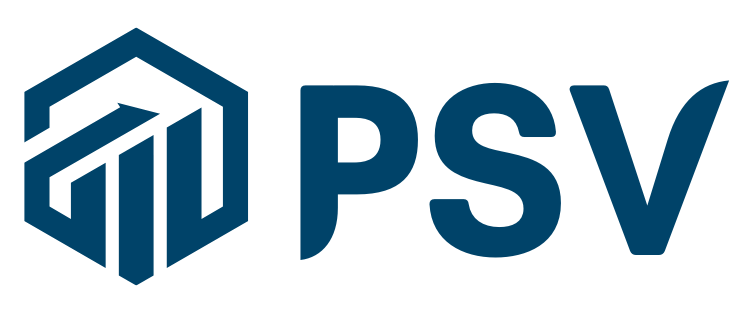Investment Process
PSV Application Details
PSV might resemble a seed-stage venture capital in various aspects, but we’re a very different organization. While a VC’s primary goal is profit, PSV is a non-profit organization. We don’t take any equity in the startups that we invest in. Investments are just a small part of what we do.
As a startup ecosystem enabler, we also work on other aspects of the ecosystem. We’re working to create a community for entrepreneurs, investors, industry experts and for learners networking, partnerships, opportunities, investments, and learning programs possible within and outside the country.
We also conduct research, case studies and create educational resources for all the individuals involved in the startup ecosystem.
How we invest
Investment Cycle Breakdown
PSV does investment in cycles. Each cycle, we open applications for startups, do the due diligence and invest in the deserving startups. This is what a complete investment cycle at PSV looks like:
PSV makes investment in cycles. Each cycle, we open applications for startups, conduct the due diligence, and invest in deserving startups showcasing their potential. This is what a complete investment cycle at PSV looks like:
- Sourcing: This is the first stage of our investment cycle. Here, we reach out to founders and start accepting applications for investment. After initial vetting, only 15-20 startups are selected for the ideation sprint.
- Ideation Sprint: In the second stage, PSV conducts an eight-session ideation sprint focused on getting entrepreneurs startup-ready.
- Diligence: Following the successful completion of the ideation sprint, the founders are required to submit a final assignment through which PSV’s investment team evaluates every aspect of the startup. This also includes meeting with the founders.
- Investment: Following the conclusion of due diligence, the funds are handed to the startups that we have decided to invest in. It might be a one-time investment or one that is made over several phases and given upon reaching mutually agreed-upon milestones.
- Founder’s Support: After making the investment, we support the founders by helping them with the resources they require and, if needed, connecting them with mentors.
- Follow up: We stay in touch with the startups to check on progress and status for milestones.
Minimum Requirements
PSV Seed-Grant
Startups must meet the criteria below to be eligible for PSV funding. For PSV purposes, we define a “founding team member” as someone who:
a) has been part of the startup’s journey for most of its existence
b) is not being paid in cash in exchange for their services
c) already receiving or plans on receiving some amount of equity.
Minimum Requirements
Team
- Founder-market fit:
The founding team has a combined skillset to make the minimum viable product (MVP) or a demo of MVP possible. - Young and confident:
The founding team members must be below 30 years of age. Any non-founding members (later hires) can be of any age. At least one team member must be an actively enrolled student. - Nationality:
The founding team must have a Nepali national in the role of either CEO or CTO. - Gender Equality, Disability and Social Inclusion (GEDSI) preferred:
Any team with GEDSI representation is highly encouraged to apply and PSV encourages every team to disclose any GEDSI representation. However, no team will be disadvantaged on the basis of GEDSI representation alone. From PSV Investment Cycle 2 onwards, PSV requires each applying team to have at least one female member in the team. Any application without a single female founder will be turned down. - Demonstrated commitment:
The founding team must demonstrate commitment towards viewing this as a startup rather than a “hobby”. If the CEO or CTO is in the final year of studies, PSV hopes for a full-time dedication after graduation if possible.
Minimum Requirements
Idea
- BIG Vision:
We encourage ideas that have a clear vision and have the potential to impact lots of people. - Scalable:
We believe in backing ideas that can scale faster without any obvious blockers and impact a wider range of audiences. - Business Model:
The startup/idea needs to be backed by a well-defined realistic business model. For-profit companies should be venture-backable, and non-profits/social ventures should have sustainable plans to get funding.
Minimum Requirements
Capital
- Demonstrated Capital Fit:
PSV’s investment of up to NRs 1 lakh should have a meaningful impact on the idea/startup’s trajectory. The value inflexion point post-funding should be well-defined. Our grants would not be meaningful for a hardware company that needs NRs 5 lakhs to build an initial prototype. - Milestone-driven use:
The startup/idea should have a well-defined milestone-driven plan for allocating the fund. The use of funds must be reasonable with a clear end goal (i.e., launching MVP, rolling out new features, landing first customer). A common use of funds includes incorporation, software subscriptions, hiring non-core members, testing hypotheses, etc. - External Funding:
If the startup/idea has raised any external funding including pre-seed, seed, angel investment, crowdfunding, or any other source of funding that covers core funding needs, PSV funds might not make any difference.
©2023 Parth Student Venture. All Right Reserved

